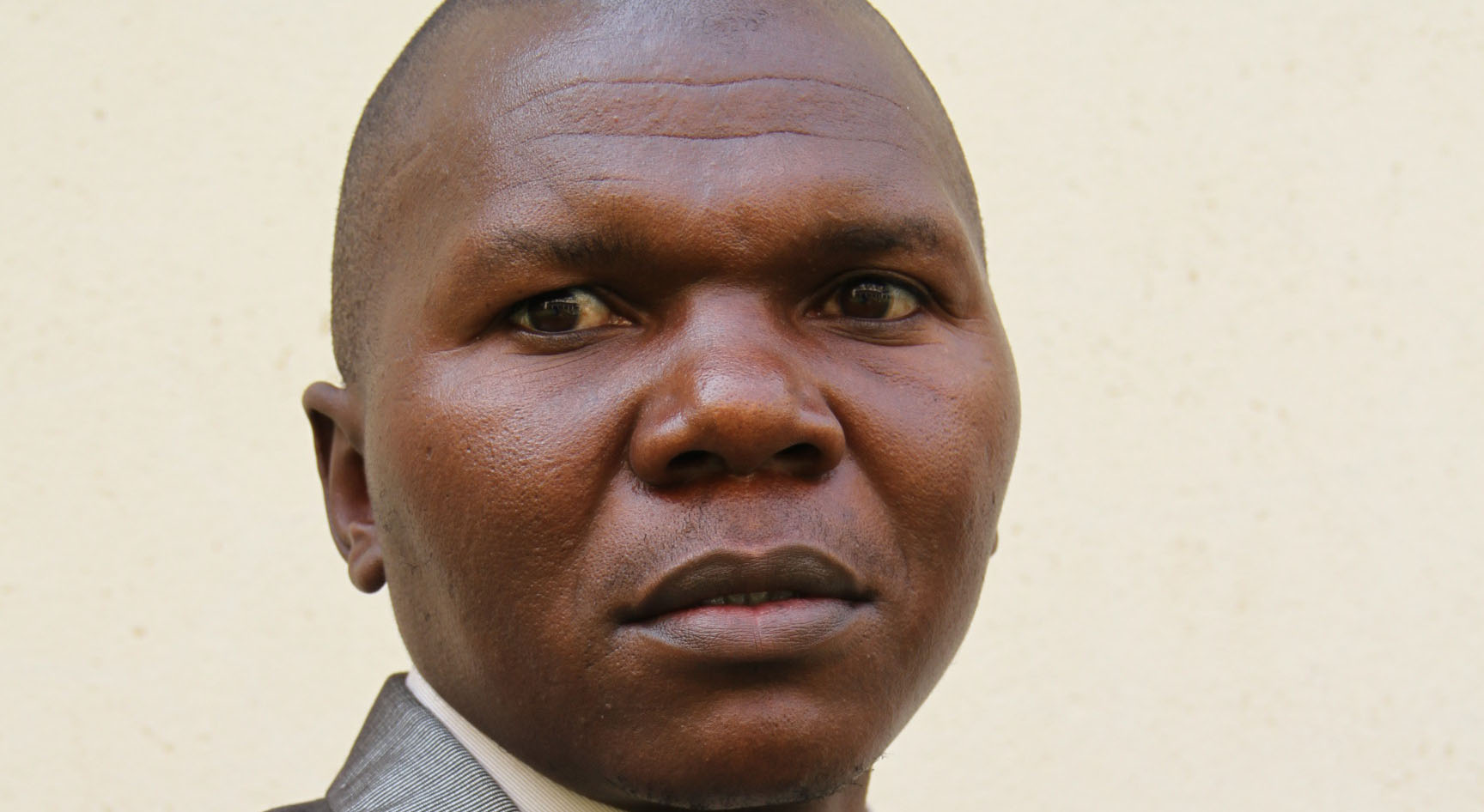Zim/Govt fast –tracks Procurement Bill to stem graft
- By Zimpapers Syndication |
- 09 Jan, 2026 |
- 0

Sifelani Tsiko recently in Kariba ---
Zimbabwe is fast –tracking the Procurement Amendment Bill to usher in greater transparency and stem runaway corruption that has permeated both the public and private sector, costing the country millions of dollars in revenue leakages every year.
Nyasha Chizu, a senior procurement executive in the Office of the President and Cabinet told journalists recently at a media workshop on public procurement that the Bill will be introduced to Parliament soon as Government steps up efforts to stop leakages and enhance public sector delivery.
“Extensive consultations have been made on this Bill and we expect it to be gazetted and presented to Parliament next week (this week) or so,” he said.
“It is very important for the country to ensure that we do not have a system that is opaque and open to corruption. As the media, you are the voice of the voiceless and an eye of the public. You have a big role to play to make sure the public is well – informed about the Bill.”
Various stakeholders have already been consulted as the Government moves to align State Procurement Board Act with Section 315 of the new Constitution, which among other things removes the SPB from the role of chief government procurement agency to a regulator.
Under the proposed changes, the Procurement Regulatory Authority of Zimbabwe will become the main procurement arm of the Government while the SPB will supervise and monitor the authority in line with international best practices.
The new Bill which is likely to be moved in Parliament soon, also proposes a uniform, streamlined process to eliminate loopholes in the present procurement system which is weak, outdated and open to abuse.
The World Bank has since 2010 been supporting the Government in carrying out public sector reforms to help address some of the country’s deep-seated structural issues and open way for re-engagement.
The multilateral body has offered the country technical assistance and capacity building services in its core areas of expertise, including public financial management, revenue administration and financial sector supervision.
Despite the difficult economic situation, Zimbabwe has demonstrated its strong commitment to implementing legal reforms to various bills which include the Public Finance Management Act, Procurement Act, Banking Act, Labour Relations Act, Income Act, and a new Public Debt Management Act.
Chizu said the new Procurement Bill aims to regulate public procurement with the objective of ensuring transparency, accountability and probity in the procurement process, fair and equitable treatment of bidders, promoting competition, enhance efficiency and economy, maintaining integrity and public confidence in the public procurement process.
The bill will also provide stringent pre-conditions for bidders to encourage competitive and healthy bidding.
Government procurement accounts for more than 20 percent of the GDP and procurement experts say the case for a robust law to curb corruption in public procurement is compelling.
Chizu and Norma Garza, a senior World Bank official told journalists that the proposed Bill will help the government save money, improve its balance sheet and put the economy in a better shape.
“Up to 70 or 80 percent of the government’s budget is spent through procurement and it’s very important to revamp our laws and enhance efficiency,” Chizu said.
“Any inefficiency causes a lot of misery among our people in terms of poor service delivery and incomplete projects.”
Zimbabwe has found itself in massive corruption allegations implicating ministers and other senior government officials, including the private sector.
For years, pressure has been mounting with citizens calling for the sacking of all alleged corrupt officers and for Government to tighten measures to put a lid on runaway corruption.
Recent scathing audits of government finances have indicated that corruption in Zimbabwe is slowly but surely sliding out of control with major scandals being revealed frequently touching on senior government officials entrusted with public resources.
The country’s daily newspapers have been carrying reports of alleged massive corruption deals that have taken root in various central government ministries, departments, parastatals and entities where government has a controlling stake and is responsible for appointing the board of directors.
Allegations have been leveled against ministers and other senior officials who abuse their power to loot funds through inflated expenses, irregular awarding of tenders, misuse of public funds, corrupt practices and poor public fund management.
Transparency and accountability activists say corruption is now so entrenched that through various reports they indicate that more than 80 percent of funds spent by various government institutions over several years could not be properly accounted for.
They argue that the vice manifests itself through diversion of public funds, irregular payments, unauthorized expenditures, staff fraud and bribery denying the citizenry crucial services like access to affordable healthcare, employment and affordable education for the country’s young people.
“Procurement can be used to direct an economic sabotage,” said Chizu. “It can be used to retard or weaken the government. Procurement is a very strategic economic tool and it can be used to direct political agendas. So as you investigate the matters you need to be knowledgeable.
Shocking revelations of corruption have dented the government’s image and in some cases scared potential investors.
One of the unorthodox spending that sent journalists at the workshop harshly talking recently is the varying prices of simple items such as pens.
One ministry that could not be disclosed is reported to have bought ballpoint pens at a cost of $1 each while others bought it for 50 cents and 70 cents.
“We are not going to have a situation whereby a pen in government is costing $1 and a pen in the shops is costing only 10 cents,” Chizu said.
“Currently we have a situation where stationery costs in one ministry differ from the other. Stationery is stationery, a paper is a paper and the cost should be similar.”
He said under the proposed law, there will be shared procurement and the use of similar terms and conditions, when buying similar items or services.
“It’s going to be tighter than the previous law when it comes to the conduct of procurement officers,” the procurement expert said.
“Bidders will be liable in terms of the Act. We have tried to consult widely, systems may change but at the moment, I feel strongly that this is one of the best pieces of legislation.”
Some concerned citizens said the abuse of funds to procure simple and luxury items from public coffers eats into resources required for public service delivery.
They say there is need for government institutions to institute lifestyles audits and tighten laws to prevent the rape of the country.
“A pen for $1?” said Thomas Kireni, a street vendor in the capital. “Come on, this is the biggest theft of our money. When you get into a supermarket, you can 10 pens from a dollar.
“We need to stop these inconsistencies if we are serious about making our country to work again.”
Approximately US$9,5 trillion move between contracts across the world and is spent by governments around the globe every year, according to the World Bank.
“This has a potent impact on procurement around the world,” said Garza. “It’s vulnerable to wastefulness, corruption, mismanagement and fraud owing largely to the opaqueness of public procurement.”
To fight this opaqueness, she said the WB was pushing for open contracting which focuses on disclosure and participation in the procurement process to enhance public financial management, transparency and accountability.
“Open contracting is a tool for preventing corruption and for the protection of assets,” she said. “It makes it possible to follow and track how money is used from the pre-planning stage up to the implementation stage. Zambia is the only country that has adopted the standard and we hope Zimbabwe will follow soon.”
She said it was critical for Zimbabwe to move from the current paper – based procurement and financial management systems to an electronic one to enhance efficiency and transparency.
But adopting new laws and the open contracting system faces numerous barriers. Lack of political will, poor implementation, lack of capacity and financial resources can stall moves to greater transparency and accountability.
The existence of new procurement management committees under the new law, could put a strain on the fiscus which is struggling to pay civil servants.
“Political will is necessary and it’s important for the operation of public management systems. It won’t be easy just like having a caterpillar transforming itself into a butterfly.” -Zimpapers Syndication
No Comments














Comment